Roche boss who says bitter pill of truth is only way to build trust
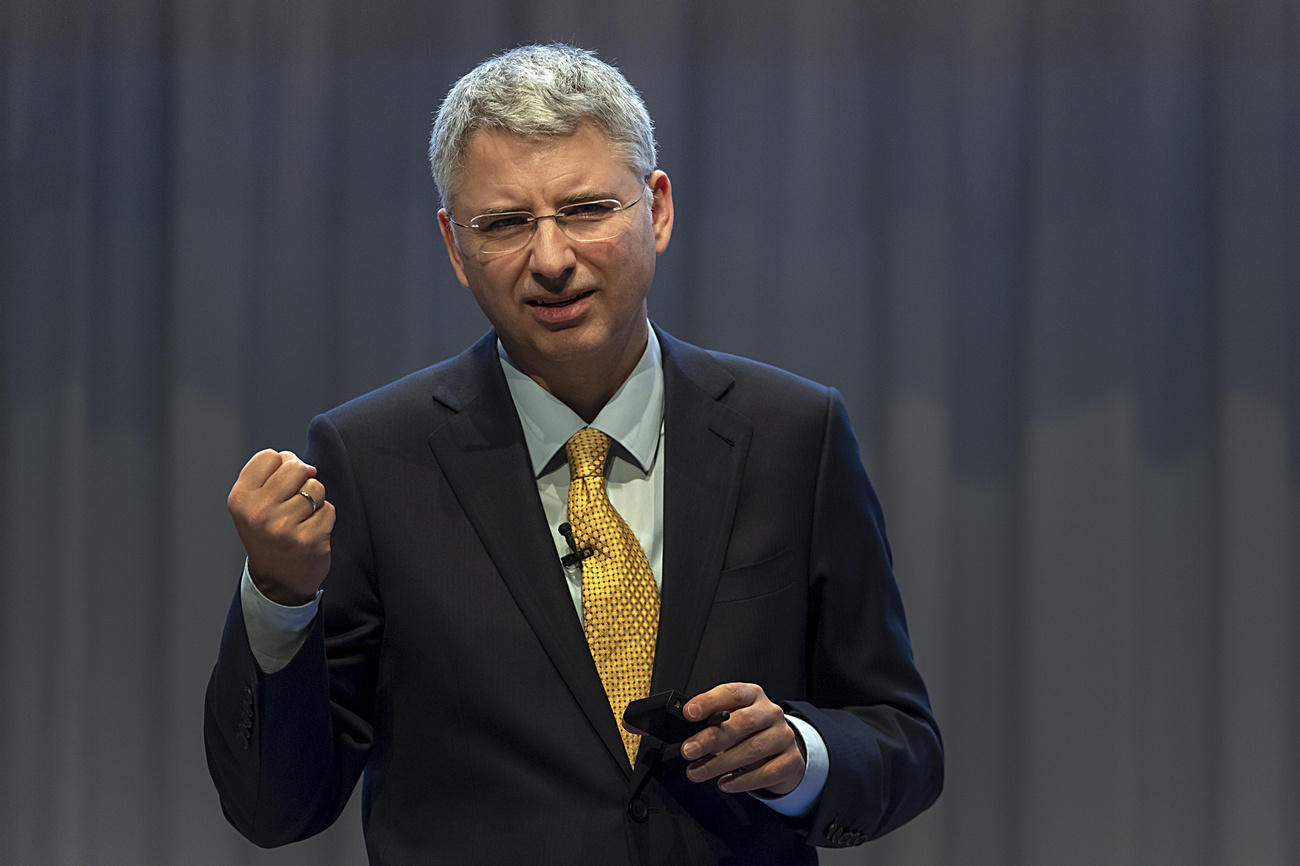
Severin Schwan talks a lot about trust. Trust in people you live with, socialise with, work with. And trust is not won by being nice, says the chief executive of Roche, one of the world’s biggest pharmaceutical companies.
“There are many components to building trust,” he tells the Financial Times. “One is that you are honest . . . That means sometimes you don’t make friends and . . . sometimes it’s uncomfortable. It’s difficult to tell the truth and to receive the truth.”

This week Mr Schwan delivered an uncomfortable truth to the UK government, saying it lagged behind other countries in dealing with the coronavirus crisis because it had not invested enough in healthcare and testing.
Speaking from lockdown in Switzerland, Mr Schwan is not apologetic. “I am not saying [the decision not to invest] is right or wrong,” he says. “But don’t wonder [when] a crisis like this comes and you don’t have the infrastructure that you are in a more difficult situation.”
Silver haired, but still youthful-looking for his 52 years, Mr Schwan has found himself at the centre of industry efforts to battle the crisis. As one of the world’s leading diagnostics companies, Switzerland-based Roche aims to launch a Covid antibody test next month, while Actemra, an arthritis drug, is also being trialled as a possible treatment.
Amid the global attention, the Roche boss has taken the opportunity to speak his mind, even if it prompts what he calls “a shitstorm”. That was not always the Roche approach, according to one person who knows the company well. “Roche used to be so secretive that you could not get anything from them,” the person says. “But now they are doing things they wouldn’t have done before. There has been a wind of change.”
It took time for the winds to shift after Mr Schwan’s appointment as chief executive in 2008 — a surprise nomination given his age, at 40, and background.
With a degree in economics and a doctorate in law, he joined Roche in 1993 as a graduate trainee in the corporate finance team. Mr Schwan worked his way quickly up the ranks, including a stint in Asia, until he became head of Roche’s diagnostics division in 2006. From there he was chosen over the group’s pharmaceuticals boss to take charge.
He was put to the test within a year, when Roche came under attack from some researchers over withholding trial data on its antiviral drug Tamiflu, which had been stockpiled by governments preparing for the swine flu pandemic. The debate spiralled into a public and political controversy as Roche resisted releasing the data.
Roche “did not do themselves any favours”, says another industry veteran. “They did not communicate right.”
Mr Schwan admits he could have approached the critics “in a different way, perhaps more proactively”. But he remains adamant that “we were on the right side”.
The patent has expired on Tamiflu, but its value as an efficacious flu treatment continues to be validated by regulators, he says. To question their findings would threaten lives, he insists, even as the world approaches a new flu season that could be made worse by coronavirus.
For outsiders that debate was a watershed. “Since then they have become much more open to sharing data and in communications,” the industry veteran says.
Mr Schwan has also developed a reputation for being a solid helmsman, taking revenues from SFr45.6bn in 2008 to SFr61.5bn ($63bn) last year.
In its most recent results, Roche successfully offset the expiry of patents on blockbuster drugs with new treatments for multiple sclerosis and cancer. It has arguably “the most exciting pipeline in pharma”, according to analysts at Jefferies investment bank, and is also building a business in gene therapy.
“Roche is successfully crossing its patent cliff. That’s rather unexpected,” says one pharmaceuticals analyst.
Despite his SFr11m pay packet last year, Mr Schwan remains “a very down-to-earth person” — a product of a Roche culture that abhors flashy wealth, says another pharma veteran. He is “lecturey but not arrogant”.
The Roche boss, Austrian by birth, is now a fully fledged member of the Swiss elite. As the lead independent director at Credit Suisse, he helped to steer the bank through the recent crisis which set the board against former chief executive Tidjane Thiam.
“He’s very methodical. No bullshit,” says a senior Swiss financier. “With Tidjane, he kept quiet for a long time. And then at a certain point, he thought ‘enough is enough’ and he acted.”
He is not without his critics however. “He can be simplistic and naive,” says a former colleague. “At Credit Suisse, his big obsession was purpose, not banking.”
The pharma analyst suggests that despite the success of new drugs, “there has not been much transformation at Roche since the acquisition of [biotech group] Genentech”, in 2009. The company is still benefiting from Genentech’s oncology expertise.
Mr Schwan agrees that he has profited from decisions made by predecessors. But planning for the very long term is one of the benefits of having the founding Hoffman-Oeri families pooled into a single 45 per cent shareholder, he says.
Mr Schwan is now looking to develop a business focused on personalised healthcare, bringing together digital technologies with the core pharmaceuticals and diagnostics businesses.
That is a longer-term objective, but he says that after 12 years at the helm, he has built the trust with investors and staff to try. “I would be so glad if I am long retired and my successor tells you that back in 2020 they were one of the first companies to figure out how to bring pharmaceutical, diagnostic and digital insights together. That would be a big satisfaction.”
Additional reporting by Patrick Jenkins and Stephen Morris in London
Copyright The Financial Times Limited 2020

In compliance with the JTI standards
More: SWI swissinfo.ch certified by the Journalism Trust Initiative
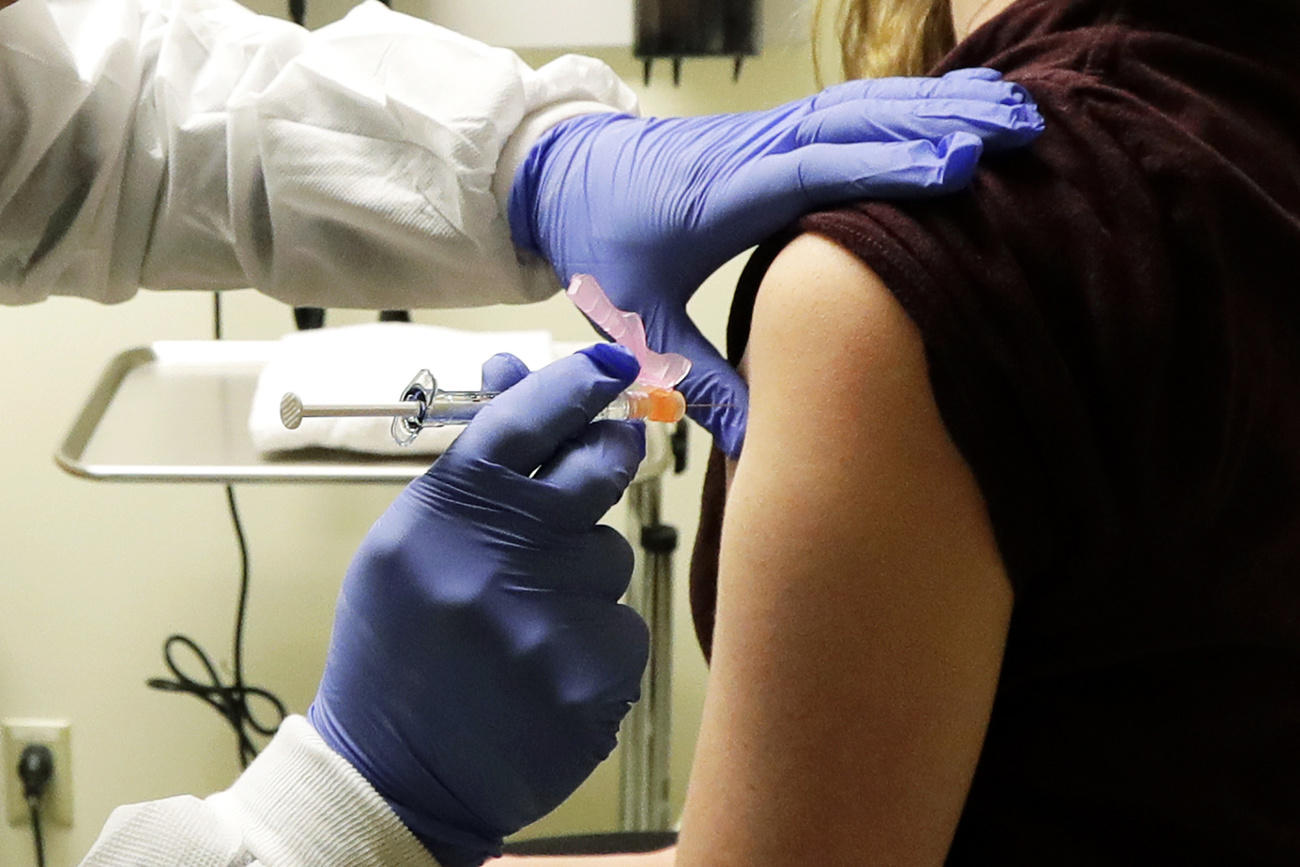
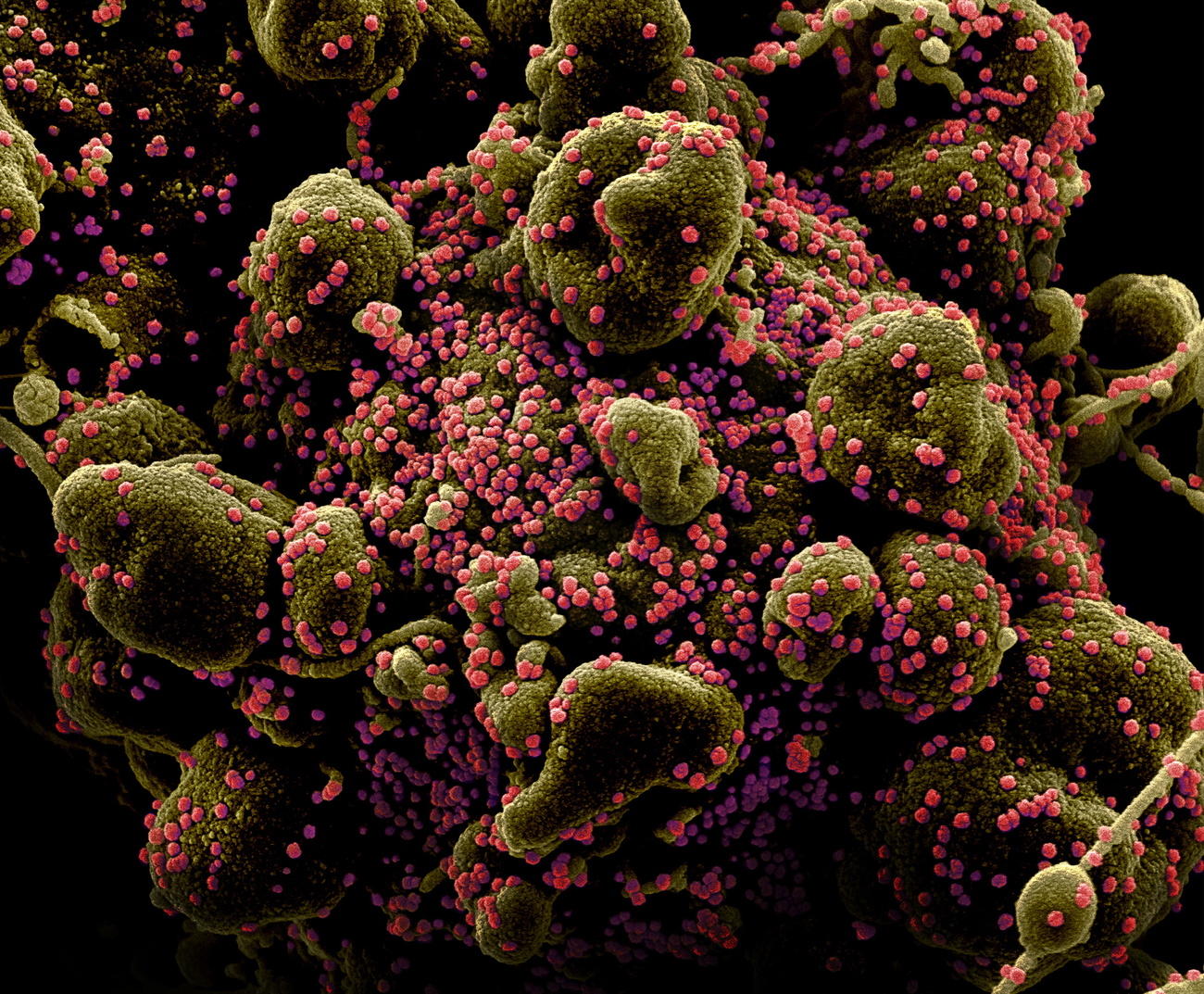

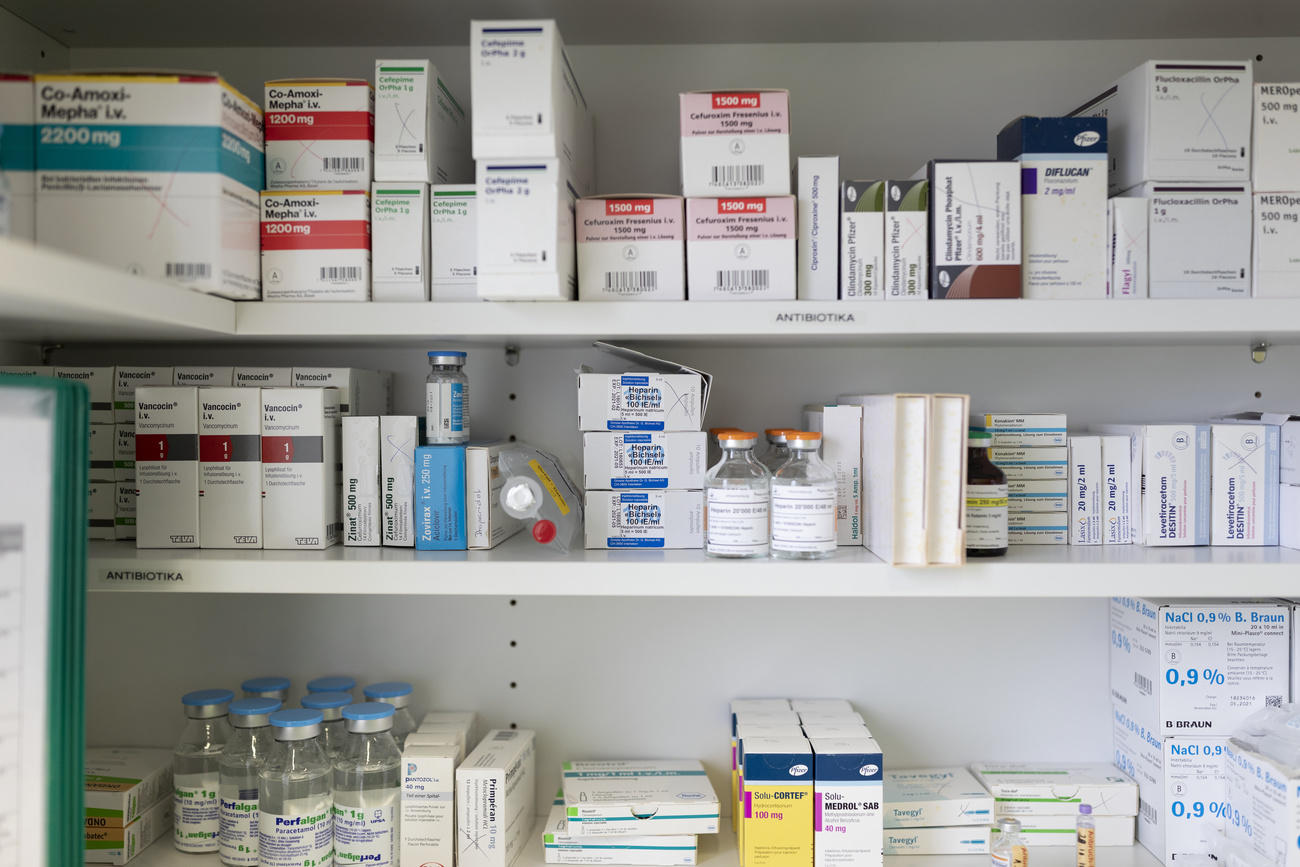

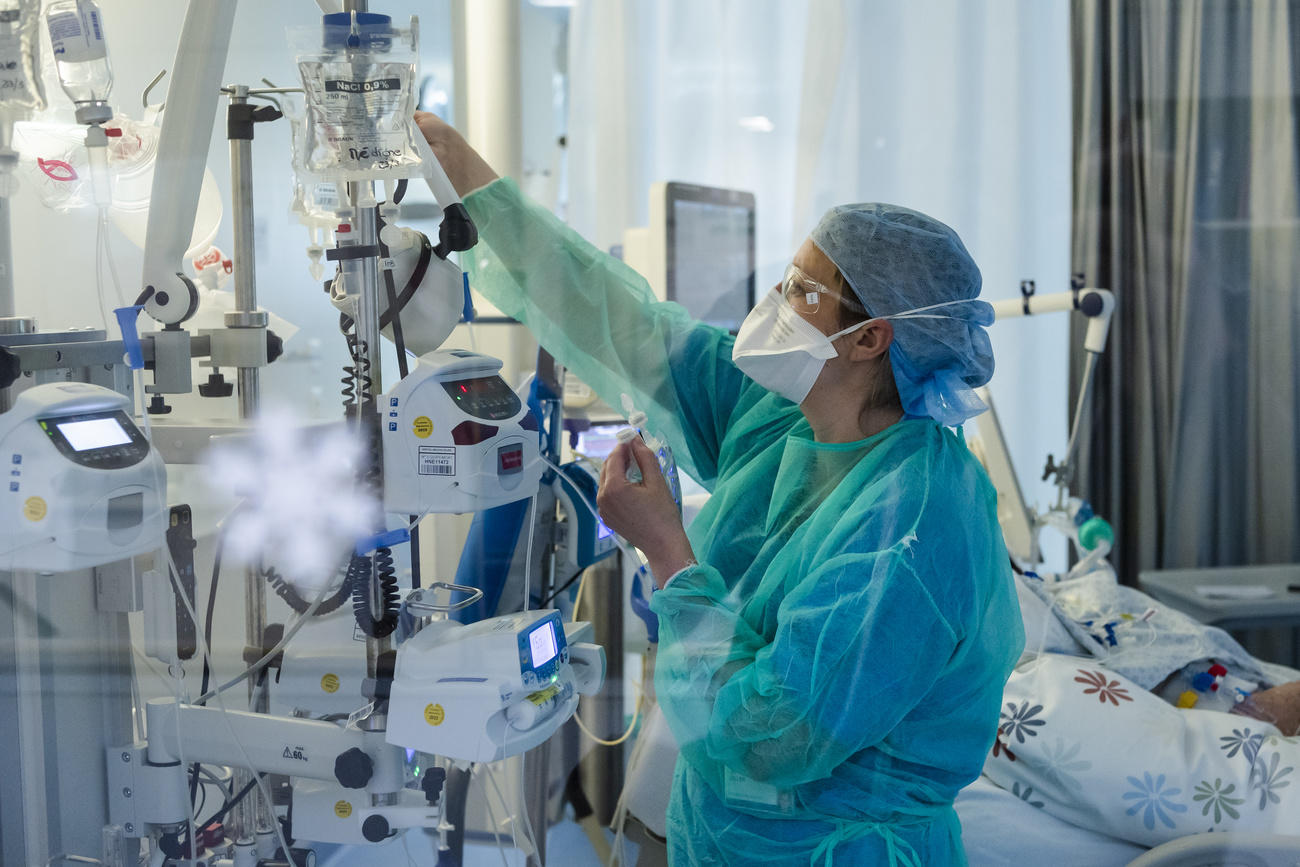
You can find an overview of ongoing debates with our journalists here. Please join us!
If you want to start a conversation about a topic raised in this article or want to report factual errors, email us at english@swissinfo.ch.